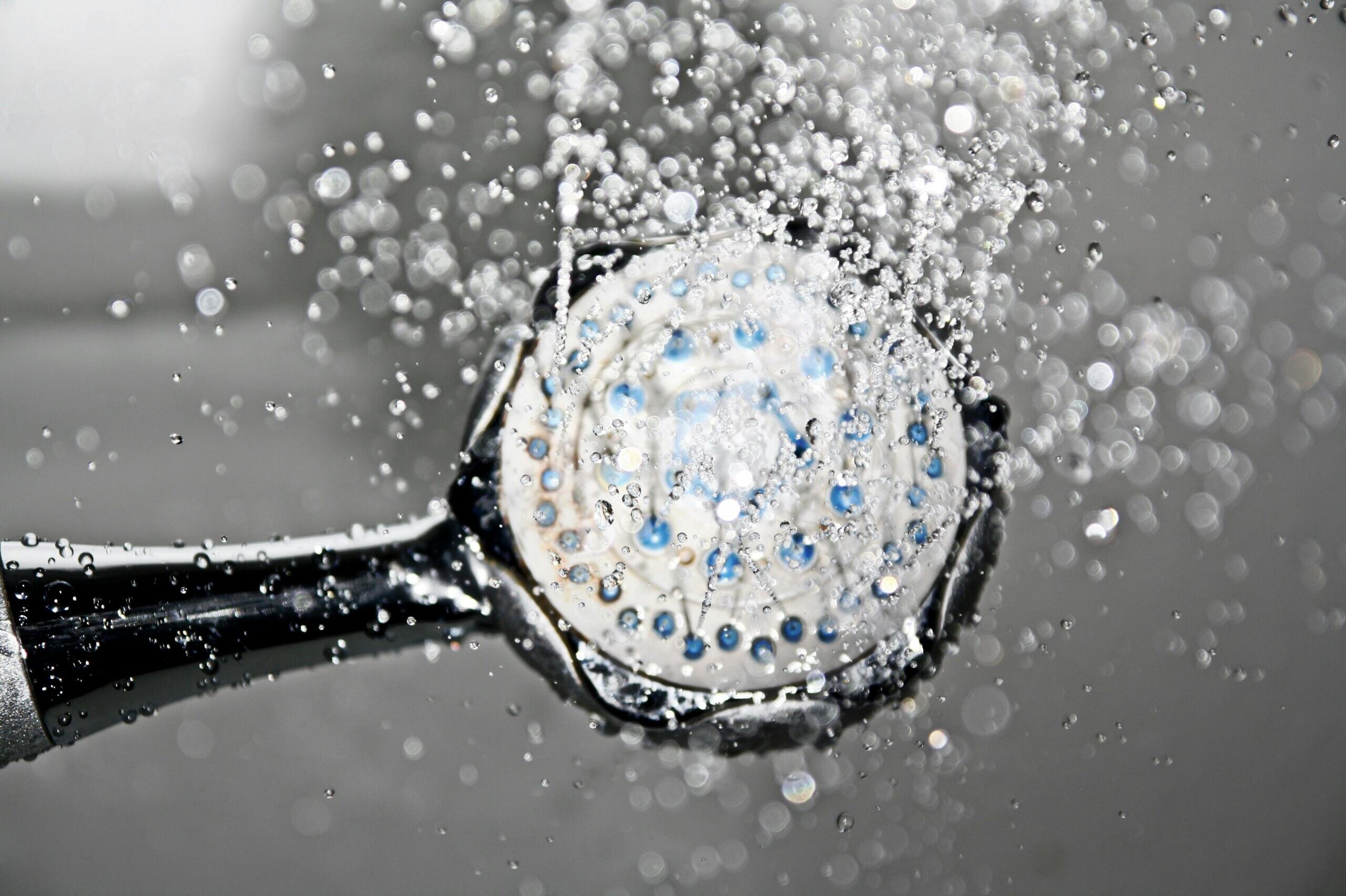$0 Call Out Fee*
Fast 60 Mins Response

How to Choose the Right Hot Water System for Your Home
Choosing the correct hot water system for your house depends on ensuring comfort, efficiency, and economy of cost.
This guide will enable you to negotiate the main elements to consider when selecting a hot water system, helping you make a choice that meets your requirements.
Types of Hot Water Systems
1. Electric Hot Water
Among the most often used electric hot water systems, there are two categories: storage and immediate (tankless).
- Storage Systems: These devices heat water and store it in a tank until required. Although they are cheap to buy and install, their running costs may be higher, particularly in view of growing power rates.
- Tankless Systems: They heat water when needed, saving energy as no water tank needs to be constantly hot. However, their installation needs and upfront expenditures might be higher.
2. Gas Hot Water
Gas hot water systems are another popular option, especially for homes with natural gas access.
- Storage Systems: These store hot water in a tank, much like electric storage systems. Usually cheaper to operate and more energy-efficient than electric storage devices,
- Instantaneous Systems: These systems heat water on demand, providing continuous hot water without requiring a storage tank. Over time, they may be really affordable and relatively efficient.
3. Solar Hot Water
Long-term, ecologically beneficial, and reasonably priced solar hot water systems heat water using solar energy, therefore saving money.
- Direct Systems: The sun directly heats water passing through solar collectors. These are more suited for mild-climate environments.
Indirect Systems: The sun heats a heat-transfer fluid, which is then used to heat the water. These systems are ideal for colder areas where freezing could cause issues.
4. Systems of Heat Pumps Hot Water
Heat pump systems heat water using the heat extracted from the air. They may greatly save on power expenses and are very energy efficient.
- Integrated Systems: Integrated systems, installed either inside or outdoors, combine the heat pump and storage tank into one device.
- Split Systems: Separate heat pump and storage tank systems are easy to install but need more storage space.
Considerations When Selecting a Hot Water System for Your Home
1. Household Size and Hot Water Usage
- Small Houses: A modest storage tank or an immediate system might be enough for one or two people.
- Larger homes will benefit from systems with more capacity, including gas storage systems or bigger electric storage tanks.
2. Energy Efficiency and Running Costs
- Electric Systems: Although they are less expensive to build, running electric systems might be more costly. Look for high-energy-rated systems to save on operating expenses.
- Gas Systems: Usually more energy-efficient than electric systems, mainly if natural gas is readily available.
- Solar Energy: Although they have higher initial expenditures, solar systems may, over time, result in significant energy bill reductions.
Heat Pumps: Though their initial expenses are higher, heat pump systems are among the most energy-efficient choices available.
3. Installation and Space Requirements
- Electric and Gas Storage Systems: Electric and gas storage systems require room for a storage tank, either inside or outside.
- Instantaneous Systems: Usually compact and able to be wall-mounted, instantaneous systems save space.
- Solar Systems: Extra room is needed for a storage tank and roof area for solar collectors.
- Heat Pump Systems: We need enough ventilation and room for the unit, which might be more than standard systems.
4. Climate and Location
- Solar Systems: These are most successful in places with plenty of sunshine but might be less efficient in overcast, rainy regions.
- Heat Pump Systems: Heat pump systems perform effectively in temperate climes; however, they may not be as efficient in overly cold areas.
Gas and Electric Systems: Generally unaffected by climate, gas and electric systems are flexible.
5. Environmental Impact
- Solar and Heat Pump Systems: Solar and heat pump systems use sustainable energy sources and are highly efficient, so they have the least effect on the surroundings.
- Gas Systems: Particularly when using natural gas, they produce fewer emissions than electric systems.
- Electric Systems: These can have a higher environmental impact, mainly if the electricity is sourced from fossil fuels.
Further Considerations When Choosing a Hot Water System
1. Warranty and Lifetime
Search for systems with thorough warranties covering labour and components. Extended warranties might indicate improved dependability and quality.
Think about the system’s anticipated lifetime. Although some systems might have more initial expenses, their extended lifetime offers superior value over time.
2. Maintenance Requirements
Regular maintenance is essential for your hot water system’s performance and lifetime. Solar and heat pump systems may need more maintenance.
Availability of Services: To keep your system working as it should, be sure you have access to expert maintenance and repair services—like those provided by Purified Plumbing.
3. Frontline Expenses and Rebates
First Fees: Consider your spending for buying and setting up the hot water system. Although some systems might have higher starting costs, their reduced energy use over time helps you save money.
Incentives and Rebates: Look for government subsidies or incentives for installing solar or heat pump systems—energy-efficient hot water systems.
Seek Expert Advice for the Best Choice
To ensure you choose the best system for your house, consider expert guidance from seasoned plumbers at Purified Plumbing and balance the upfront expenses against the long-term advantages.
